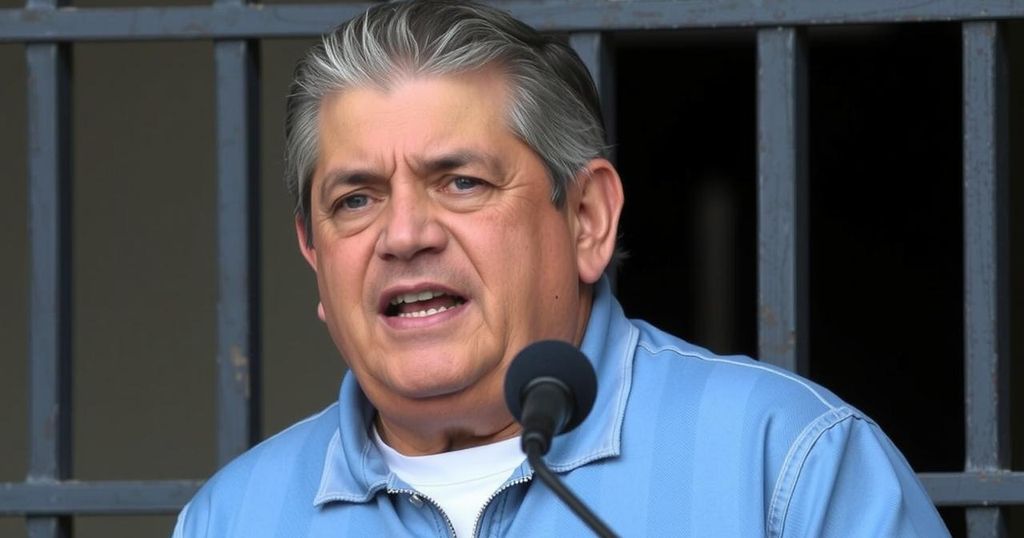Approximately one-fourth of individuals detained during Venezuela’s post-election unrest have been granted prison releases. Attorney General Tarek Saab revealed that 533 release measures were initiated, although the execution of these orders is unclear. The crackdown on dissent followed claims of electoral victory by both the ruling party and the opposition, inciting nationwide protests amid allegations of human rights violations.
In the aftermath of the July presidential election in Venezuela, approximately one-fourth of those detained during subsequent civil unrest have been granted prison releases, according to Attorney General Tarek William Saab. Releasing a statement on Instagram, Saab reported that his office facilitated 533 release measures approved by the judiciary; however, it remains unclear how many of these releases have been actually enacted. This review was initiated by President Nicolás Maduro, reflecting mounting international pressure regarding his government’s severe crackdown on dissent, which resulted in over 2,000 arrests, involving both adults and minors.
Following the election, which both the governing party and the opposition claimed victory, widespread protests erupted. These demonstrations were met with violent repression, resulting in fatalities and allegations pointing towards state security forces being involved. Efforts by external bodies such as the United States and the European Union have called for transparency in voting records from Venezuela’s National Electoral Council to verify results against those claimed by the opposition. Notably, Edmundo González, who emerged as a contender in the elections, subsequently fled to Spain after facing legal threats from the Venezuelan authorities for releasing opposition tally sheets.
This significant political turbulence underlines the growing tensions within Venezuela’s socio-political landscape, revealing a power struggle exacerbated by allegations of election manipulation and human rights infringements. President Maduro’s administration finds itself cornered between maintaining control and addressing the outcry from both domestic dissenters and the international community, who demand accountability and a restoration of democratic norms.
Venezuela has experienced considerable political instability, particularly after the July presidential election, where both the ruling party and the opposition raised claims of electoral victory. This discord led to widespread civil unrest and violent protests, resulting in heavy-handed government tactics that included mass arrests. The international community, particularly entities such as the United States and the European Union, has placed pressure on the Venezuelan government to provide transparency concerning the electoral process and treat detained individuals justly. The developments surrounding the election culminated in matters of significant concern regarding human rights and governance.
In summary, the Venezuelan government responded to international pressure by granting prison releases to a subset of those detained during recent civil unrest following the July presidential election. Attorney General Tarek Saab indicated that his office facilitated significant numbers of release measures, although the tangible effects of these orders remain uncertain. As Venezuela navigates through political turbulence marked by electoral disputes and protests, the need for accountability and transparency remains a pressing issue.
Original Source: abcnews.go.com






